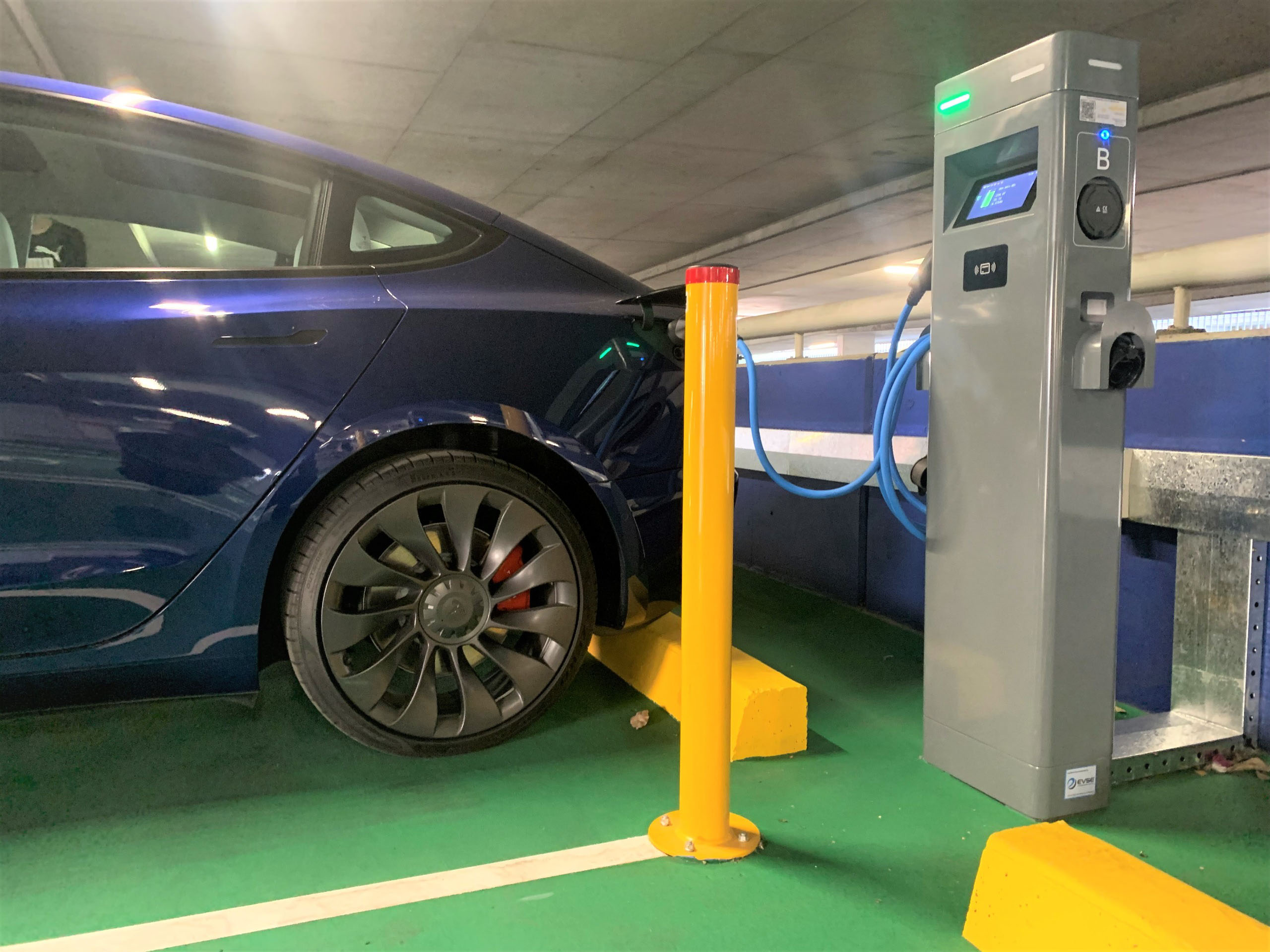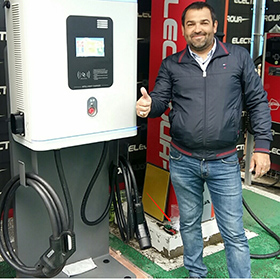As the number of electric vehicles (EVs) on the roads continues to grow, accurate billing for EV charging services has become increasingly important. This is particularly true in Germany, where compliance with the country's calibration law, known as Eichrecht, is mandatory for charge point operators (CPOs) and electric mobility service providers (EMSPs). The purpose of Eichrecht is to ensure transparent billing and enable pricing comparisons across various EV charging providers.

Germany's Calibration Law, known as Eichrecht, is aimed at protecting electric vehicle (EV) consumers and ensuring transparent billing for charging sessions. It mandates that all public EV charging stations must be equipped with certified and calibrated electric meters for accuracy and reliability. Customers must receive a receipt that displays the amount of electricity consumed, the price charged, and other relevant details. Charging stations must display prices clearly, and all prices are based solely on kilowatt-hour consumption, not on flat or time-based fees, to ensure clear and transparent pricing for EV charging.
To operate an electric vehicle charging service in Germany, service providers must comply with the Eichrecht calibration law. This means that all public and semi-public charging stations must have compliant hardware and software that meet Eichrecht regulations for metering, pricing, and data security.
Eichrecht, the European charging regulation, has mandated that all public EV charging stations must have certified and calibrated electric meters to guarantee accuracy and reliability. Each charging point will now have a visible kWh measurement meter which will be registered and periodically calibrated. EV drivers can easily check the kWh reading on the display or actual kWh meter device and confirm it on their e-mobility app or web interface, ensuring clear and transparent billing processes.
According to new regulations, charging stations for electric vehicles must provide customers with clear pricing and detailed receipts outlining the electricity used, the cost per kilowatt-hour (kWh), and any other relevant information. Charging tariffs can only be based on kWh consumption, meaning time-based and flat-rate session fees are not permitted. The guidelines mandate transparent billing, including any additional tariffs listed separately on the invoice.
In order to ensure data integrity during EV charging sessions, Eichrecht has mandated the use of a unique public key. This key is used to enable secure communication between the charging station, the EV, and the central management system. This prevents unauthorized access to data, providing a secure and reliable charging experience. The public key can take the form of a QR code, allowing drivers to easily track energy consumption, time, and cost. With the use of secure signatures and encryption, charging stations can also generate invoices for drivers, providing a hassle-free and transparent billing process.
To ensure compliance with the German Calibration Law, our EV charging station and management platform have been updated with the features below:
- Accurate data exchange and precise meter readings.
- Advanced encryption and secure transmission mechanisms.
- Data management and storage protocols ensure your meter data remains safe and secure.
- Transparent pricing information ensures your customers know what they’re paying for.
- Comprehensive billing and invoicing processes that generate detailed invoices for your customers.
Overall, Grasen's solution provides a unique set of features to ensure that operators are meeting legal obligations, while also providing drivers with a user-friendly experience. Stay ahead of the game with Grasen and enjoy the benefits of a fast and reliable EV charging service.

-- Marcus Groll,A Charging Station Owner in UKRAINE
Start your EV charging station businesses with Grasen. For a no-obligation quote, hit the button below, fill in your details, and we’ll get back to you.
